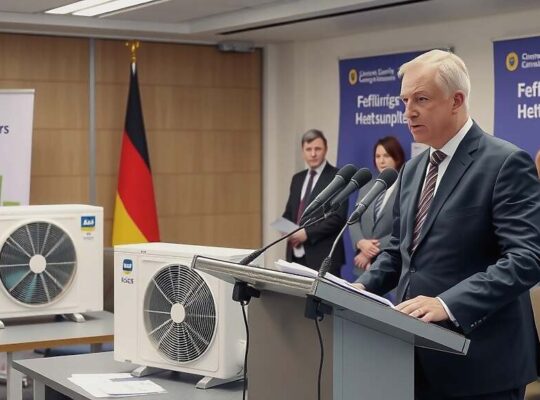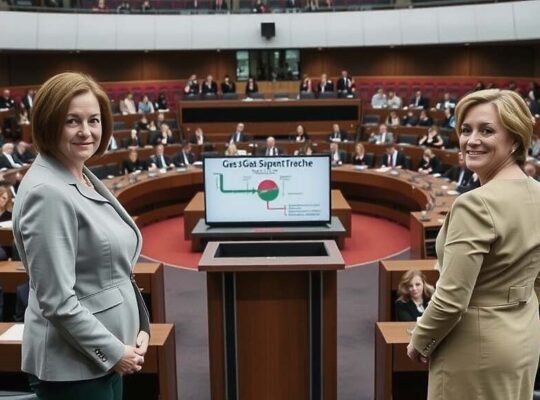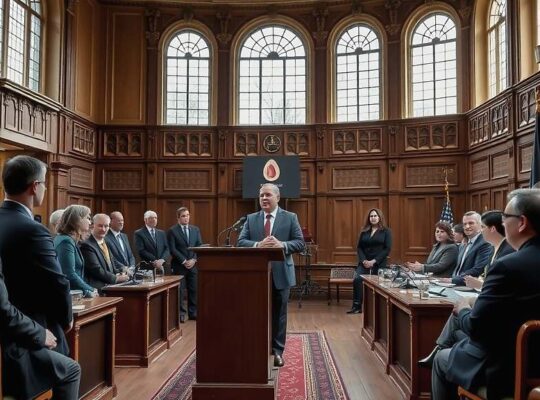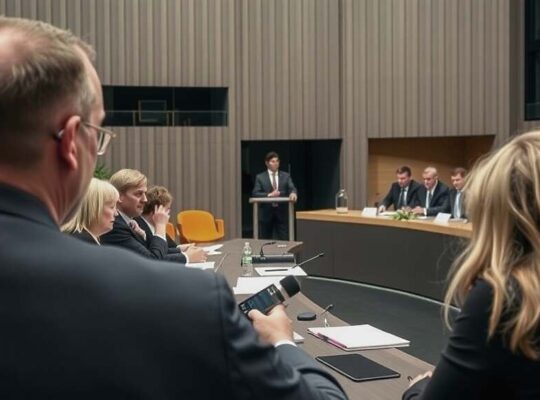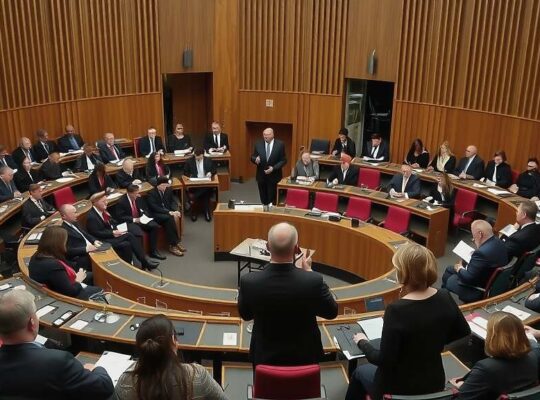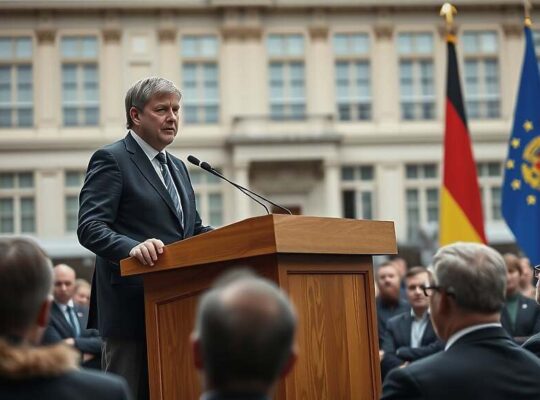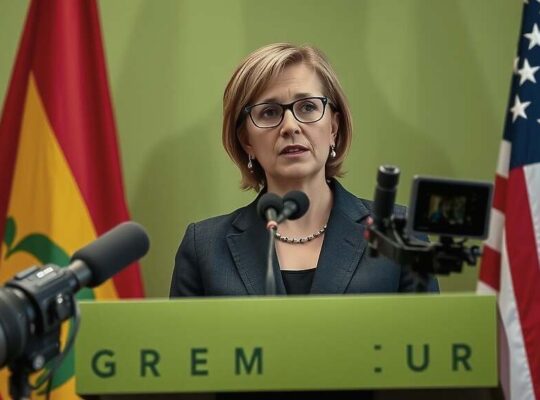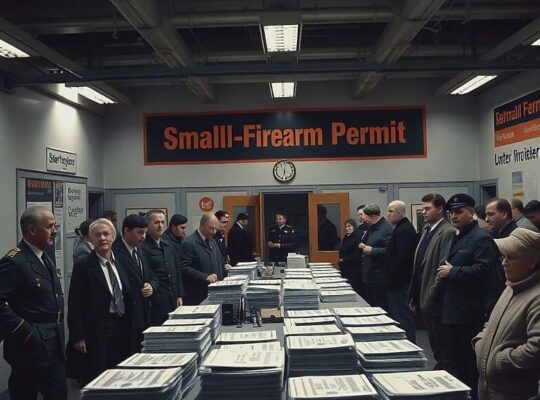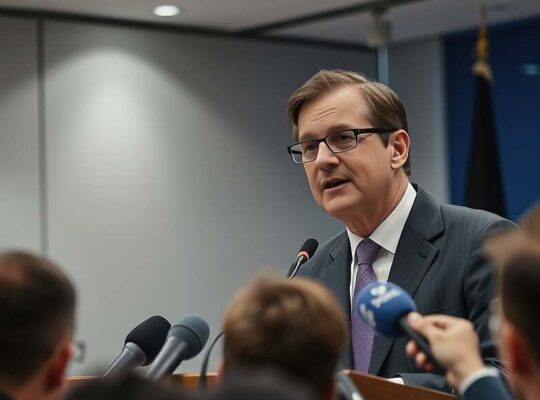A dispute over proposed German national service legislation has escalated between the governing coalition partners, the Union and the Social Democratic Party (SPD). Foreign Minister Johann Wadephul of the Union has reportedly invoked a procedural instrument known as a “ministerial reservation” effectively halting the progression of Defence Minister Boris Pistorius’s draft law.
This mechanism, which requires unanimous cabinet agreement for legislation to be placed on the agenda, is being utilized to signal concerns regarding the practicality of the proposed law. The SPD secured an agreement during coalition negotiations to implement a system of incentives for national service, modeled on the Swedish approach, rather than a mandatory draft. However, Union politicians have consistently advocated for a mechanism to evaluate the effectiveness of these incentives.
Wadephul’s reservation specifically demands the establishment of clear, quantifiable targets for recruitment into the armed forces – specifically, annual figures demonstrating the success of the incentive-based approach. Observers suggest this move is designed to quickly demonstrate any shortfall in recruitment numbers, thereby bolstering arguments for a return to a more traditional conscription model.
With negotiations currently stalled, the Union appears to be employing a more assertive tactic in an effort to secure amendments to the legislation before its final approval. Senior representatives from both ministries will meet Monday evening, alongside the Head of the Chancellery, Thorsten Frei, in an attempt to resolve the outstanding issues and reach a compromise.



